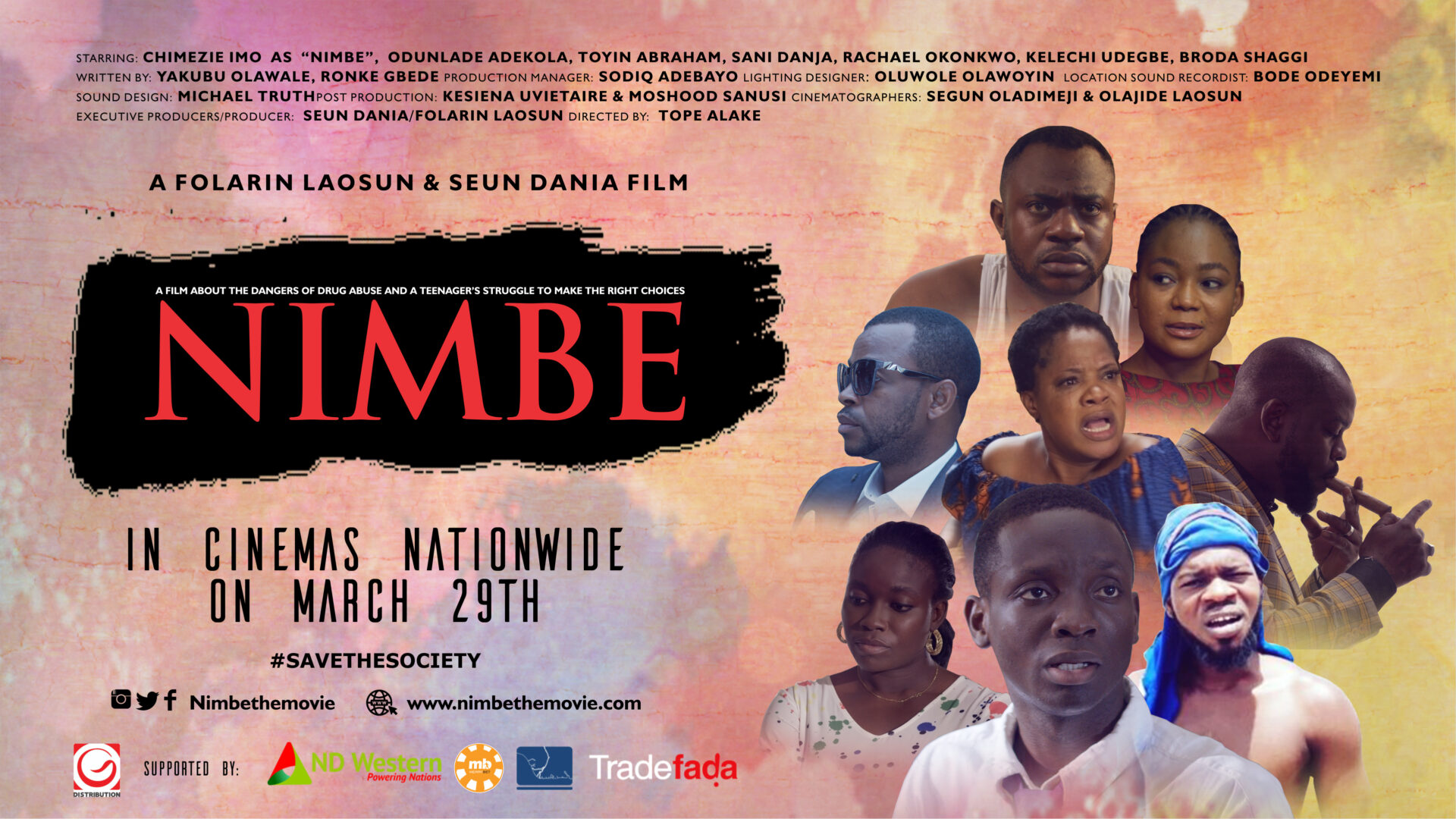
Nimbe is a poignant Nigerian drama film directed by Dimeji Ajibola, offering a deep and emotional exploration of a young boy’s life in the slums. The movie follows Nimbe, a teenager caught in the harsh realities of his environment, where crime, drugs, and corruption seem to be the only way of life. Set against the backdrop of a troubled neighborhood, the film chronicles Nimbe’s painful journey as he faces difficult decisions while navigating the challenges of adolescence in an unforgiving world.
As the story unfolds, Nimbe becomes ensnared by substance abuse and crime, struggling with peer pressure, the lure of quick fixes, and the feeling of being trapped in a system that offers little hope. His life spirals out of control as he begins to fall deeper into the grip of addiction and violence. However, amidst the turmoil, Nimbe starts to question his choices and yearns for a way out. The film captures his internal battle and his desperate desire for redemption as he tries to find a way to break free from the destructive path he is on.
The plot provides a powerful commentary on the social issues facing many young Nigerians, such as poverty, lack of opportunity, and the impact of a broken system on the youth. Through Nimbe’s story, the film highlights the pressures and vulnerabilities of young people trying to survive in challenging environments. It also showcases the resilience and hope that can emerge even from the most dire circumstances, offering a message of redemption and the possibility of change.
Nimbe combines drama with social commentary, tackling critical issues like addiction, crime, and the struggles of survival. The film is both heart-wrenching and inspiring, shedding light on the harsh realities faced by many Nigerian youths, while also offering a glimmer of hope for overcoming adversity.
The movie stars Tope Tedela as Nimbe, with notable performances from Toyin Abraham, Adedimeji Lateef, and other talented actors. While the film may not have had widespread box office success, it has been recognized for its powerful portrayal of youth and social challenges in Nigeria, and its ability to spark conversations about the struggles faced by young people in difficult circumstances.




